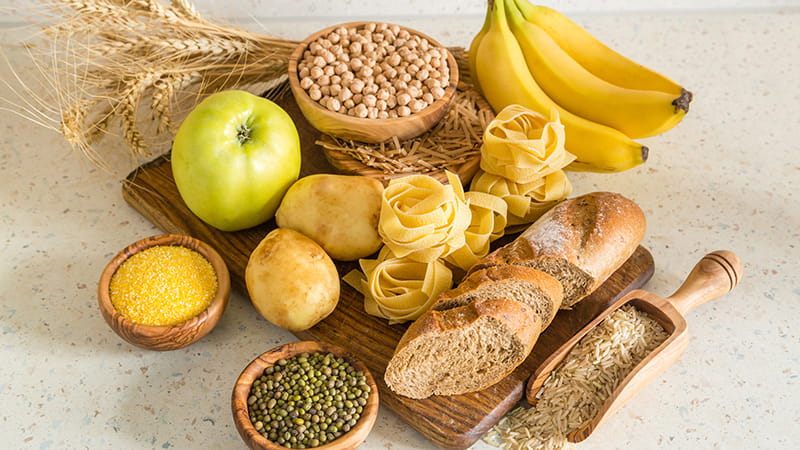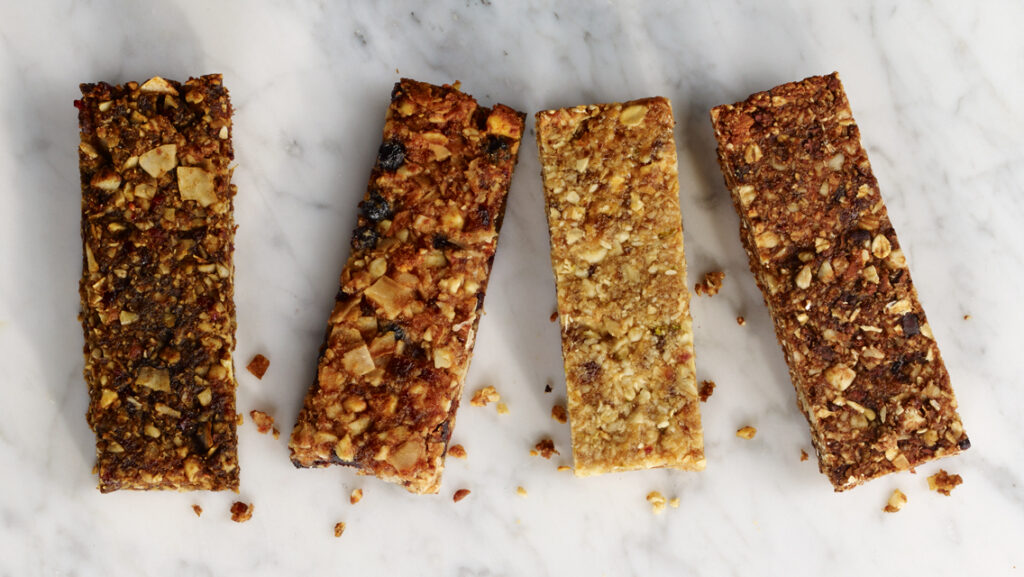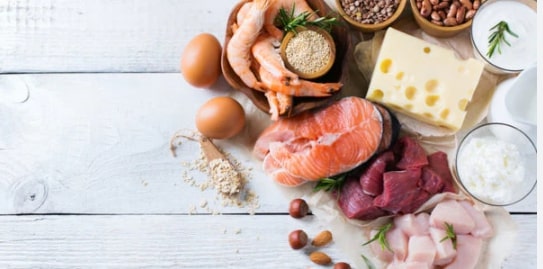
For cycling enthusiasts, there’s nothing quite like the thrill of a long ride. The feel of the wind against your face, the rhythmic cadence of the pedals, and the landscape unfolding before you make for an exhilarating experience. However, one crucial aspect of long rides that often goes unnoticed is nutrition. Just like a car needs gasoline, your body needs the right fuel to keep going since beginning. This post dives deep into the best cycling nutrition for beginners, discussing foods and snacks to keep you energized and the science of staying hydrated during those extended trips on two wheels.
1. The Power of Carbohydrates

Carbohydrates are a cyclist’s best friend. They are the primary source of energy for our muscles. When we eat carbs, our body converts them into glucose, which is stored in the muscles and liver as glycogen. During prolonged activities like cycling, these glycogen stores are what keep us going.
Best sources:
- Whole Grains: Foods like brown rice, quinoa, and whole grain bread provide sustained energy.
- Fruits: Bananas, apples, and oranges are not only delicious but also pack a carbohydrate punch.
- Energy bars and gels: These are convenient and specifically designed for endurance sports.
2. Protein: For Recovery and Repair

While carbs fuel the ride, protein helps with post-ride muscle recovery. Consuming protein after a ride can aid in repairing and building muscle tissues.
Best sources:
- Lean meats: Chicken, turkey, or lean beef are excellent diet sources.
- Plant-based: Lentils, chickpeas, and tofu offer both protein and essential nutrients.
- Nuts and Seeds: Almonds, chia seeds, and flaxseeds are protein-rich and portable.
3. Staying Hydrated: More Than Just Water
When you sweat, you’re not just losing water. You’re also losing electrolytes, essential minerals that help transmit nerve signals in your body. Drinking water alone won’t replace these vital nutrients.
Hydration tips:
- Electrolyte tablets or powders: These can be added to your water to replace lost minerals.
- Sports drinks: While many contain added sugars, they can be beneficial in replenishing lost electrolytes.
- Natural sources: Coconut water is a natural source of electrolytes and can be a refreshing alternative in cycling nutrition.
4. Don’t Forget the Fats

Yes, fats! Eating healthy fats can be an excellent source of sustained energy, especially when your glycogen stores start to run low.
Best sources:
- Avocado: Great on sandwiches or just by itself.
- Nuts: A handful of almonds or walnuts can give you a much-needed energy boost.
- Seeds: Flaxseeds and chia seeds are not only rich in fats but also in protein.
In Conclusion
Preparing for a long ride isn’t just about making sure your bike is in top shape. It’s also about ensuring that your body has the nutrients it needs to perform at its best. So, the next time you plan a cycling adventure, don’t forget to pack some nutritional powerhouses to keep you pedaling strong. Remember, it’s not just about the distance or the destination, but also about enjoying the journey and taking care of your body every pedal of the way. Safe cycling!
John Swanstrom ‘Swanny’ is a CAT 2 Cross Country Mountain Bike Racer with 30+ years of riding experience, based in Oak Park, Southern California. He founded Cyclists Authority, a platform streamlining bike and gear selection through expert curation and insights.
